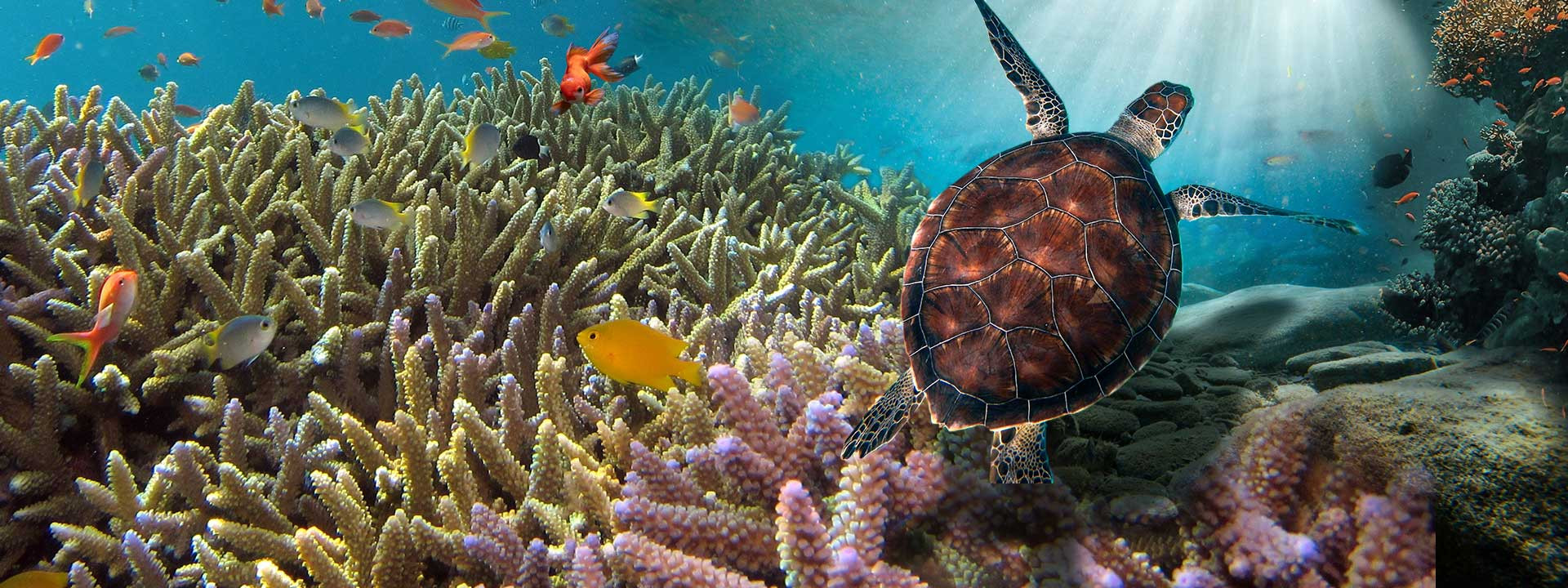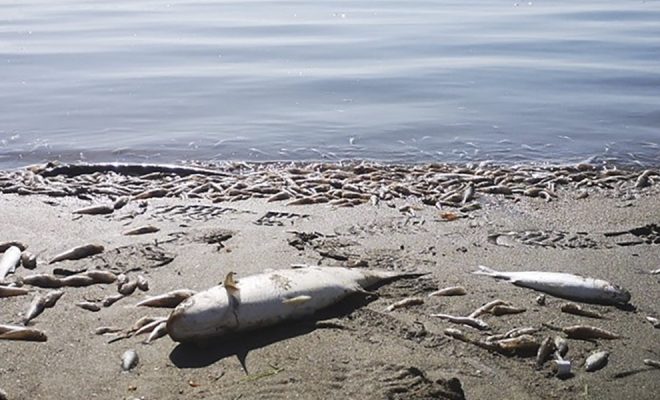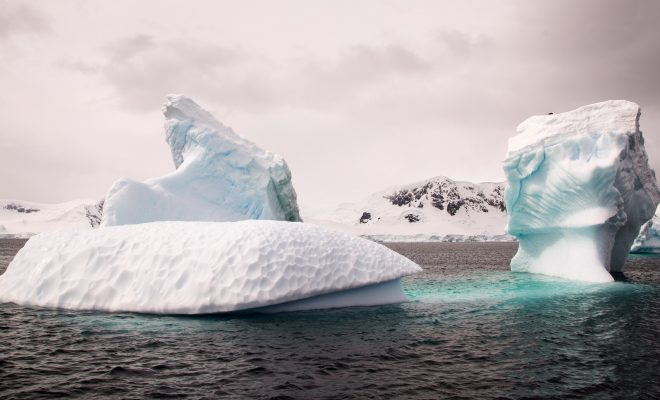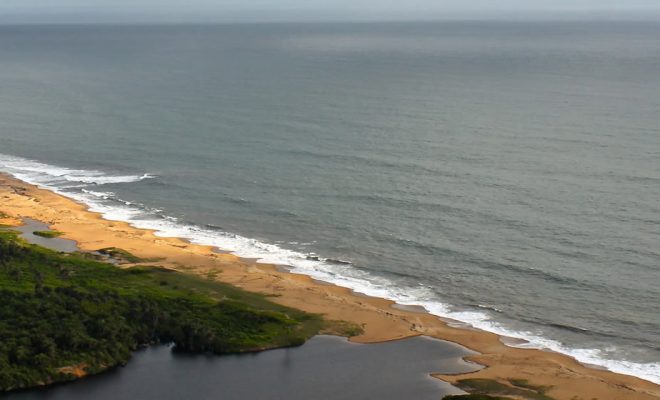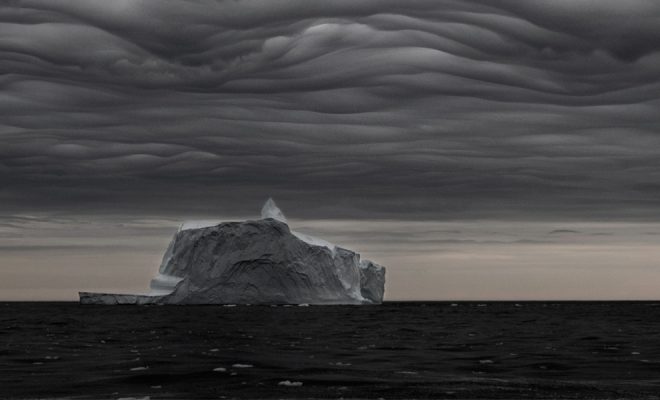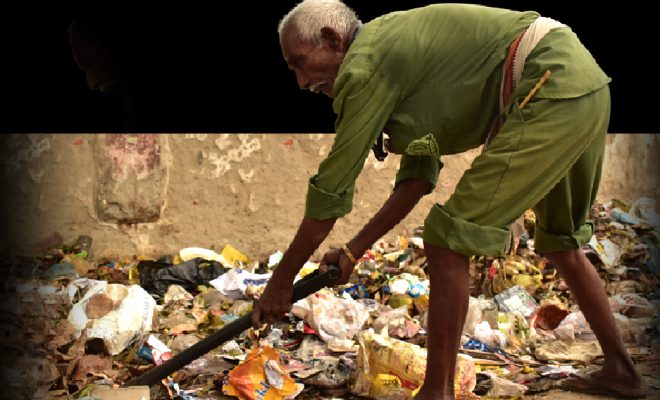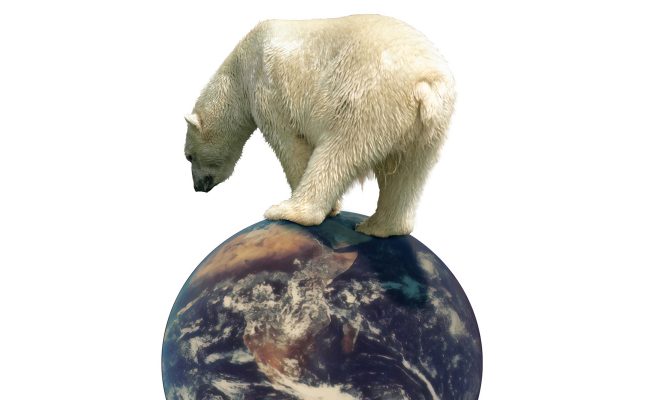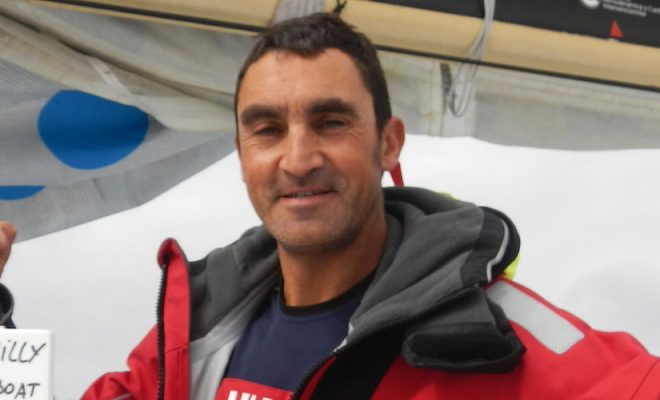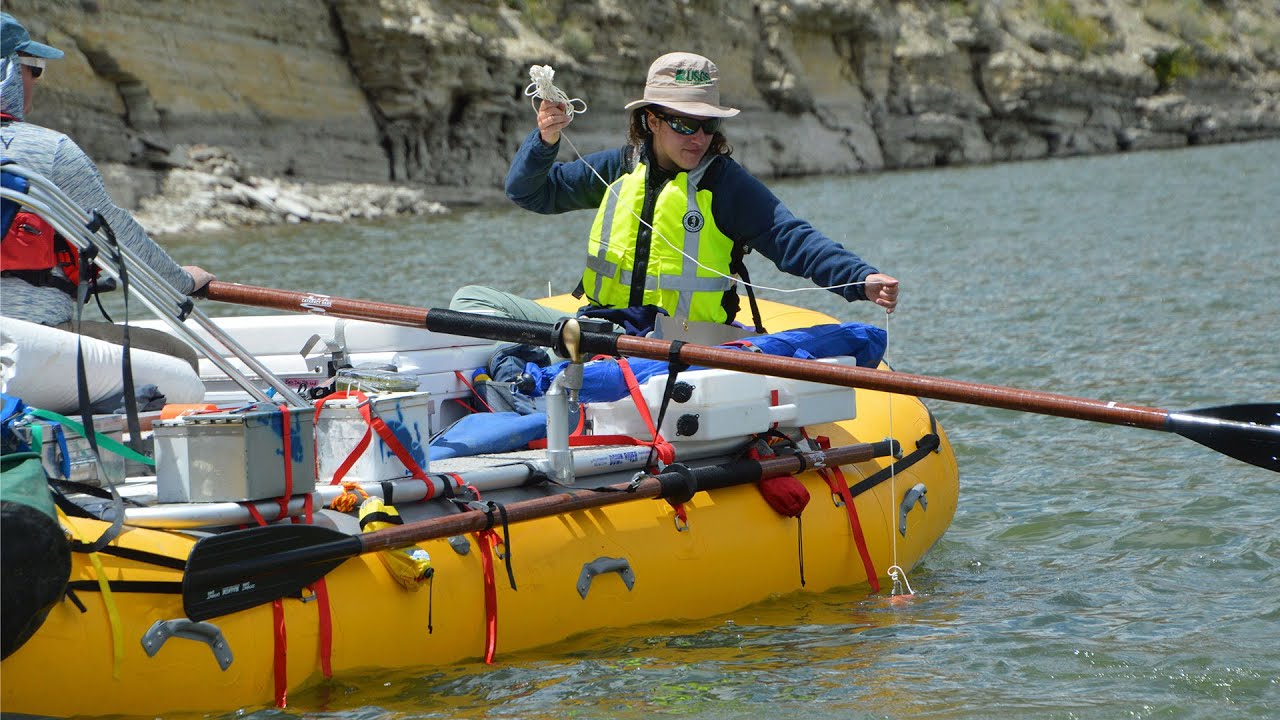
Nothing is isolated. To save any habitat, all others must be saved, and the water cycle continuously proves this in all its phases. If we consider the oceans as the starting point of water’s journey through the biosphere, we will quickly understand their importance for life on Earth in all its forms. We have learned a lot about the oceans in recent decades, but there is still so much to discover. Freshwater or saltwater, there is only one and we are obliged to take care of it.
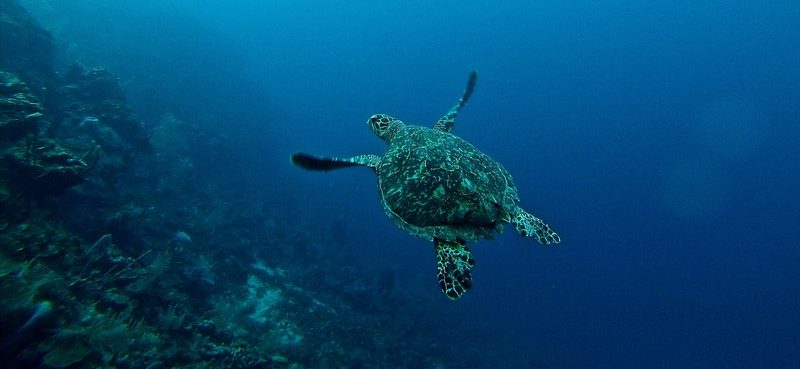
Freshwater or saltwater, there is only one and we are obliged to take care of it. © Erin Simmons-unsplash
The ocean, much more than the Earth’s lung
In 2000 it was confirmed that the waters of the seas produce at least 50% of the planet’s oxygen and absorb 25% of carbon dioxide; a few years ago, it was estimated that this equates to one million tons per hour of carbon dioxide (CO2). It is estimated that seawater currently contains 700 gigatons (700 billion tons) of dissolved organic carbon; this is almost as much as there is in the atmosphere in the form of CO2 (700 gigatons). The natural carbon cycle links the two sinks (sea and atmosphere): any alteration of carbon in the ocean impacts carbon in the atmosphere and vice versa. Therefore, seawater is a critical factor in the evolution of the warming we are experiencing, together with forests.
Ninety-eight percent of the planet’s species live in the oceans. Recent UN and World Bank estimates have determined that they are the primary source of protein for more than a billion people, and also that by 2030, the food security of 40 million families worldwide will depend on the sea.
Humanity is facing severe threats of famine and poverty, and the increasing pollution of the ocean, with the resulting loss of biodiversity, is as bad news as droughts and wars.
In the Special Report on the Ocean and Cryosphere in a Changing Climate, presented by the IPCC in 2019, scientists warn of the oceans’ most pressing problems and show very worrying future trends about their consequences, which are still relatively unknown to us, and how to curb them.
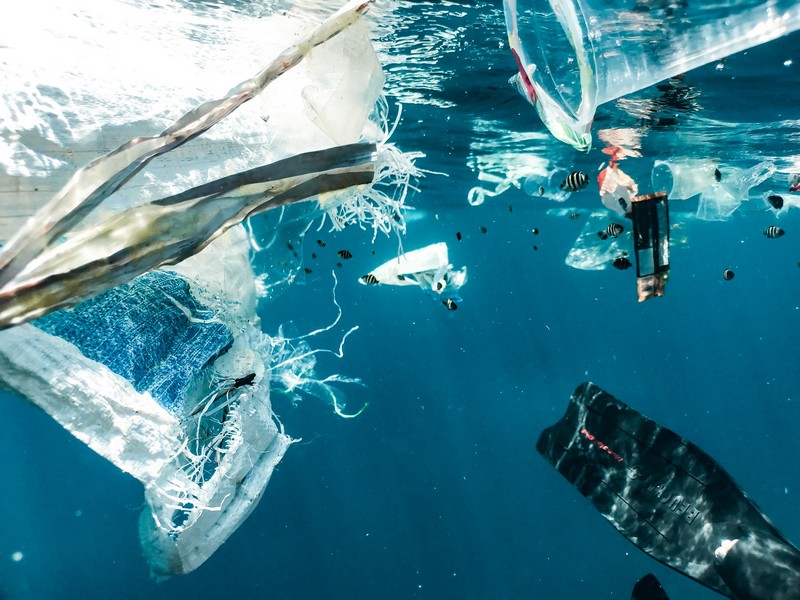
Approximately 250,000 tons of plastic floating or submerged in the sea release 23,600 tons of organic carbon each year, which dissolves in the water. © Naja Bertolt Jensen-unsplash
Acidification and pollution: the worst for biodiversity
By absorbing CO2, the sea acidifies due to the chemical reaction with this gas. The average acidity of the ocean surface has been stable for millions of years but has increased by about 26% over the last 150 years. The increase was prolonged until the 1950s, but acidification has been accelerating since then, and CO2 emissions due to human activity are the leading cause. If this pattern continues, ocean acidification could increase by another 150% by the end of this century. And there is a risk that it could start to take its toll: much of the accumulated carbon could return to the atmosphere, with unpredictable consequences.
Ocean acidification could be considered the worst chemical crisis of climate change. Acidification wreaks havoc on marine ecosystems, particularly on species that produce calcium carbonate shells or skeletons. Among these, corals bear the brunt. Tropical coral reefs are ecosystems that occupy only 0.1% of the ocean floor, but are home to up to nine million species. Over the next 20 years, if they continue to degrade, the livelihoods of 500 million people, the coastal protection of their homes and their incomes will be at serious risk.
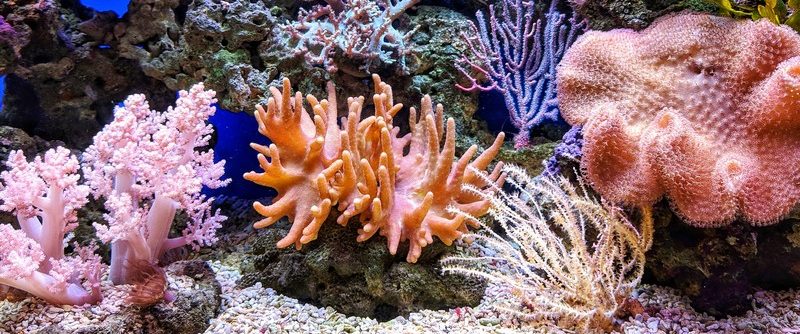
Tropical coral reefs are ecosystems that occupy only 0.1% of the ocean floor, but are home to up to nine million species. © Qui Nguyen-unsplash
The degradation of coral biodiversity affects the entire ocean ecosystem with consequences as yet unknown to scientists, who see new factors of imbalance emerging. One of them is plastic dumped at sea. A recent study estimated that the approximately 250,000 tons of plastic floating or submerged in the sea release 23,600 tons of organic carbon each year, which dissolves in the water. This additional organic carbon could disrupt food webs and the natural carbon cycle by being consumed by carbon-degrading bacteria, with as yet unpredictable consequences.
Anthropogenic chemical pollution is another factor that is stressing marine life. More than 80% of wastewater is returned to nature without any treatment, and most of it ends up in the sea, which acts as a gigantic sink for polluting waste, contributing to the process of acidification, loss of oxygen (anoxia), and eutrophication due to the concentration of fertilizers from agriculture. A sad example of the extreme consequences of the imbalances caused by eutrophication is the disaster of Mar Menor in south-eastern Spain.
Warming: less oxygen and more ice melt
In 2019, the warming of ocean water reached the highest values ever recorded. Firstly, it is a threat to the oxygen supply in seawater, as warm water cannot hold as much oxygen as cold water, so the warmer the water, the less oxygen it contains. On the other hand, warmer water is less dense, making it more difficult for oxygen-rich surface water to flow down and activate circulation, causing deep water to be starved of the oxygen needed to maintain its ecosystem.
Warming thus adds to acidification to unbalance ocean life. Still, it has even more worrying consequences in terms of polar ice melt and altered ocean current dynamics, two factors that may also cause climatic points of no return we must avoid at all costs. Ice melt is also responsible for the sea level rise we are already experiencing. A recent study estimates that some 300 million people will be at risk of sea flooding by 2050.
We must know more
We still know very little about the oceans, and we must make progress in understanding them thoroughly and without delay. Scientists have long been warning of their deterioration and the toll they can take on us globally. Are we in time to avoid it? Most oceanographers believe we are, but more and more are skeptical. Much of the seas still remain unmapped and unexplored, and we still know very little about the effects of the pollutants we have dumped and continue to dump. Ocean science needs investment in ongoing research and observations with adequate infrastructure.
In 2015 we participated in one of those ocean research programs with the sailboat We Are Water in the Barcelona World Race, a race around the world regatta with two crewmembers and no stopovers: the deployment of Argo beacons in collaboration with IOC-Unesco, to obtain temperature and salinity data in the most remote areas of the ocean.
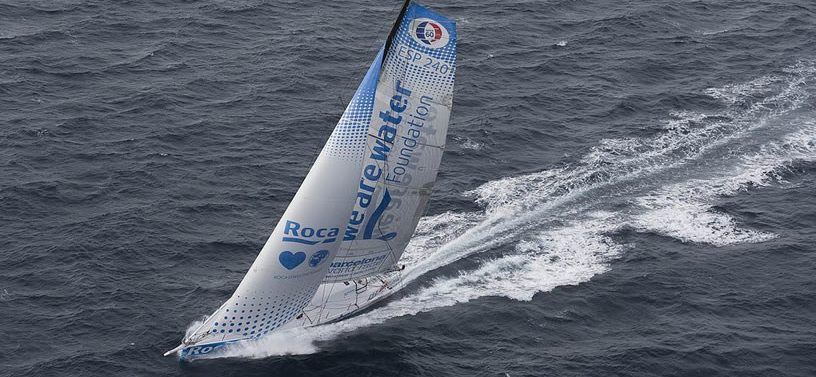
In 2015 we participated in one of those ocean research programs with the sailboat We Are Water in the Barcelona World Race: the deployment of Argo beacons in collaboration with IOC-Unesco.
However, we are struggling to react. A study by the SERES foundation on the implementation of the SDGs in the social responsibility strategies of Spanish companies – now better known as the ESG (Environmental, Social and Governance) criteria – showed that 84% of them were very aware of them. However, SDG 14, related to safeguarding the oceans, was the least present, with 8%. More worrying is that SDG 6, which refers to water and sanitation and is closely linked to SDG 14, is the second with the slightest interest, with a presence of 14% in corporate social responsibility plans. These Spanish figures are very similar to those obtained in most industrialized countries.They indicate a complete lack of awareness of the direct link existing between climate change and oceans.
They are the main and only guarantee we have to continue living on Earth as we know it. The oceans are our best allies, and it is up to us to keep them that way.


